July 27 (2025) Update
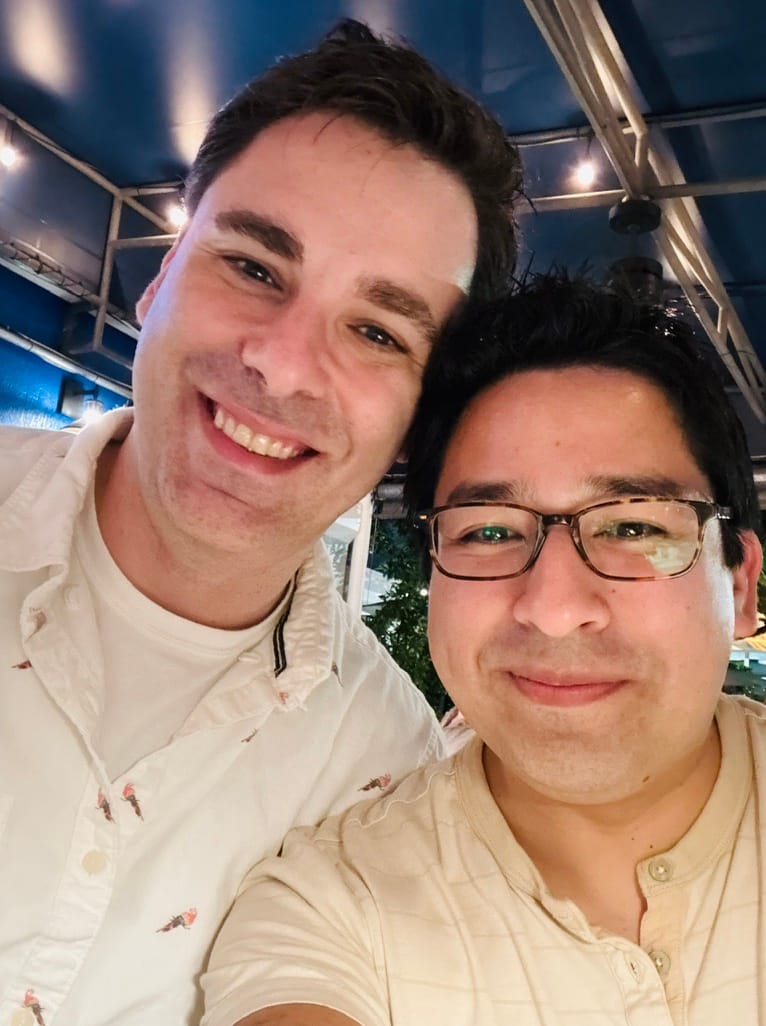
It's been over a year since Josh had a heart attack in the Atlanta airport. In those 12 months, he's made a remarkable recovery. But, in true Josh fashion, nothing can be fully complete without just the right accessory.
Let me explain...
In case you don't recall, Josh and Robbie (that's me) were on our way to France, the first international trip for both of us, if you don't count that time I was far too hungover to disembark the cruise ship in Cancun. After re-enacting a cliché movie scene in the Atlanta airport, dashing past the casual, unmotivated travelers and frantically shouting "move your child, we have a connector," we inevitably missed our flight. While waiting to assign blame to a blameless gate agent, with a fury and tenor my grandmother reserved exclusively for me, I saw Josh, from afar, collapse.
A quick ambulance ride to Grady Hospital later, Josh was taken into the Rapid Cardiac Intervention Unit, where an amazing team inflated 2 blocked arteries and installed a mechanical pump into his heart. To give his heart a chance to rest, he lay prone for about 7 days, unable to bend his right leg or his entire body from the waist down. Worse still, he forced those of us in his hospital room to watch Tennis. All day.
Just when we thought I might start begging for drugs to make the tennis bearable, Josh's surgery was set; he would have a triple Coronary Artery Bypass Grafting, or CABG (read as cabbage, a deceptively cute name, like a snake named after a shoe or Rocky Mountain Oysters). A few days later, we were on our way home.
Since then, Josh has been doing great. He goes to the gym at least 3 times a week (I probably should), he takes one of his signature walks nearly every day (I should, also), and has turned to sugar-free refreshments (no way in hell will I ever). All of his tests have been positive; his cholesterol and lipid levels, which were a problem both before and after his surgery, have dropped dramatically thanks to medication and lifestyle changes. His mobility is back, and the aches and pains (from the very, very invasive open heart surgery) are nearly forgotten.
We celebrated Josh's Jubilee, his 1-year post surgery, with a boat ride–unfortunately postponed due to poor weather. In navis absentia, we brunched and sipped mimosas 'til we found our sea legs.
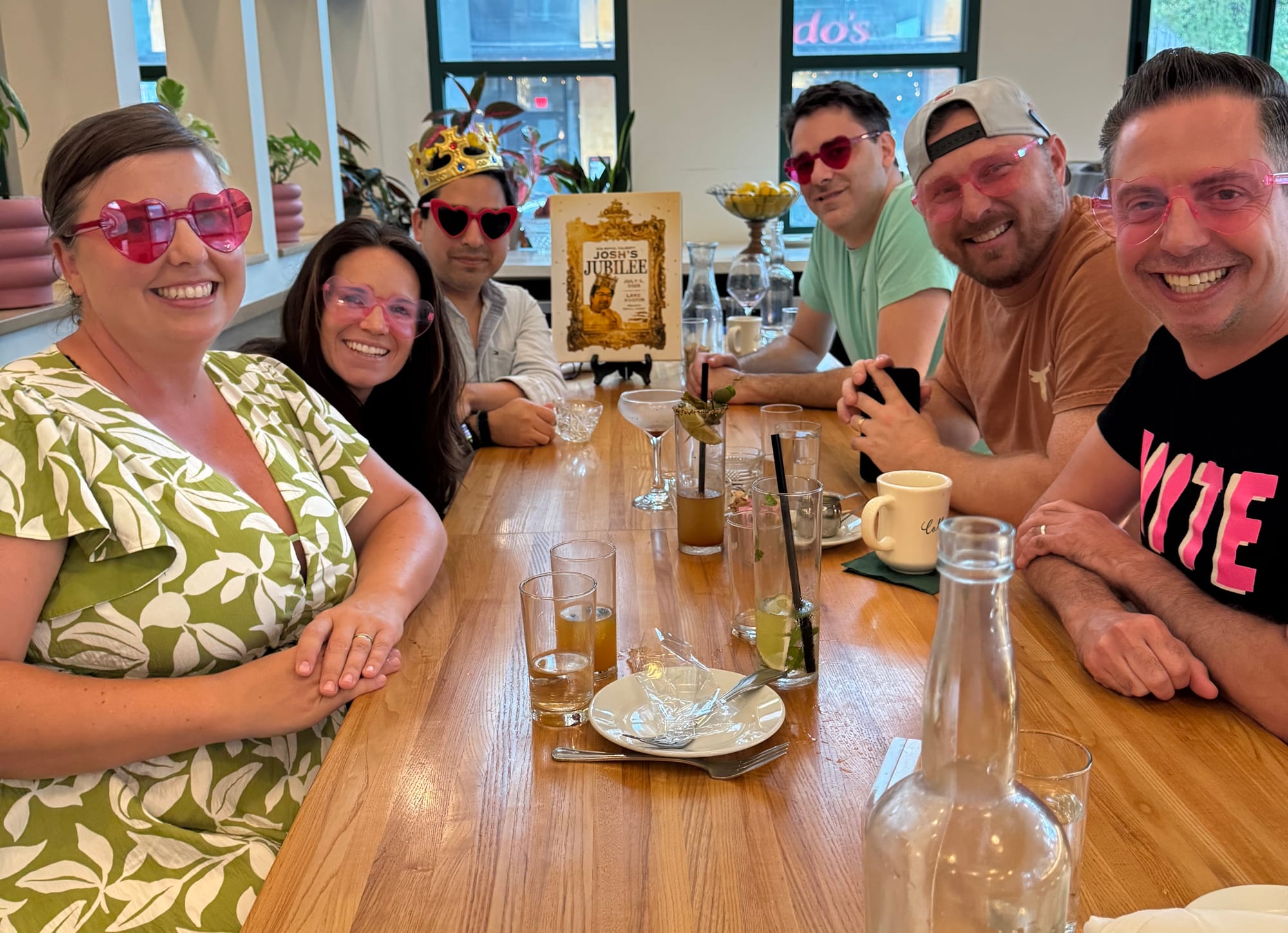

Celebrating Josh's Jubilee 2025
We've faced a lot of hard, cold facts during this journey. Life is precious, health is precarious, and all medical buildings imbue a foul, musky bouquet.
One of those facts is this: Josh had a major, major heart event. The type of heart attack Josh had was called a STEMI, another grossly misrepresentative term; it's more commonly known as the "widow maker." His EF, or Ejection Fraction, the amount of blood that the heart pumps out on each beat and also a measure of its effectiveness, has leveled off at about 35%. This is because heart muscle does not recover; once it has been damaged, it remains so.
While Josh's arteries on his heart are Drano clean, and his risk for another blockage is very low, his heart muscle is weaker than it was before. If Josh has another cardiac event, whatever or whenever it is, doctors have told us the most critical component is time. The time between when Josh's heart has any kind of abnormal rhythm, to the time that medical intervention starts, isn't measured in the normal amount of time: no time for ambulances, no time for the doctor to be called in, no time to collect insurance information.
Luckily, marvels of modern medical science are literal lifesavers. The ICD, or Implantable Cardioverter-Defibrillator, is a remarkable little invention that Josh is having implanted tomorrow afternoon.
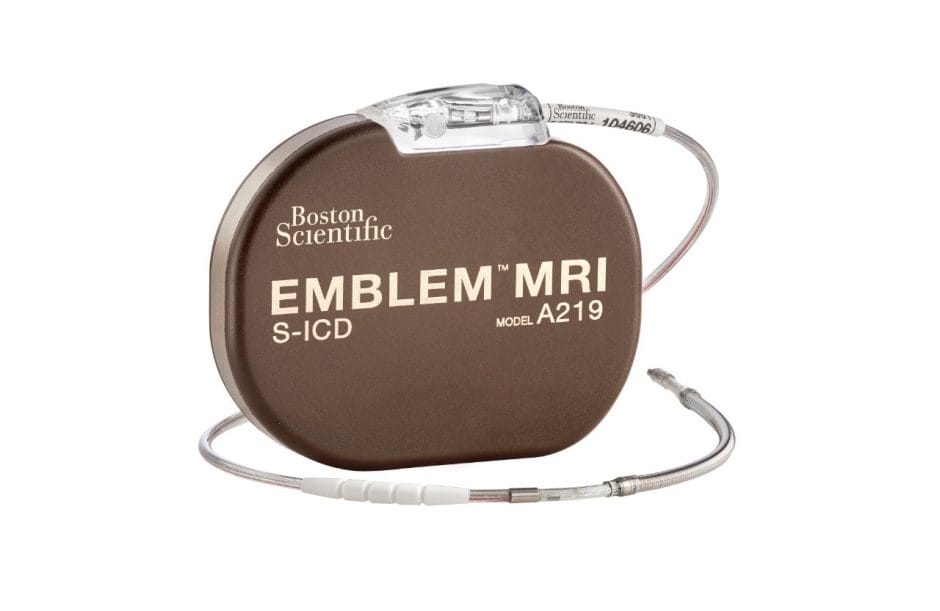
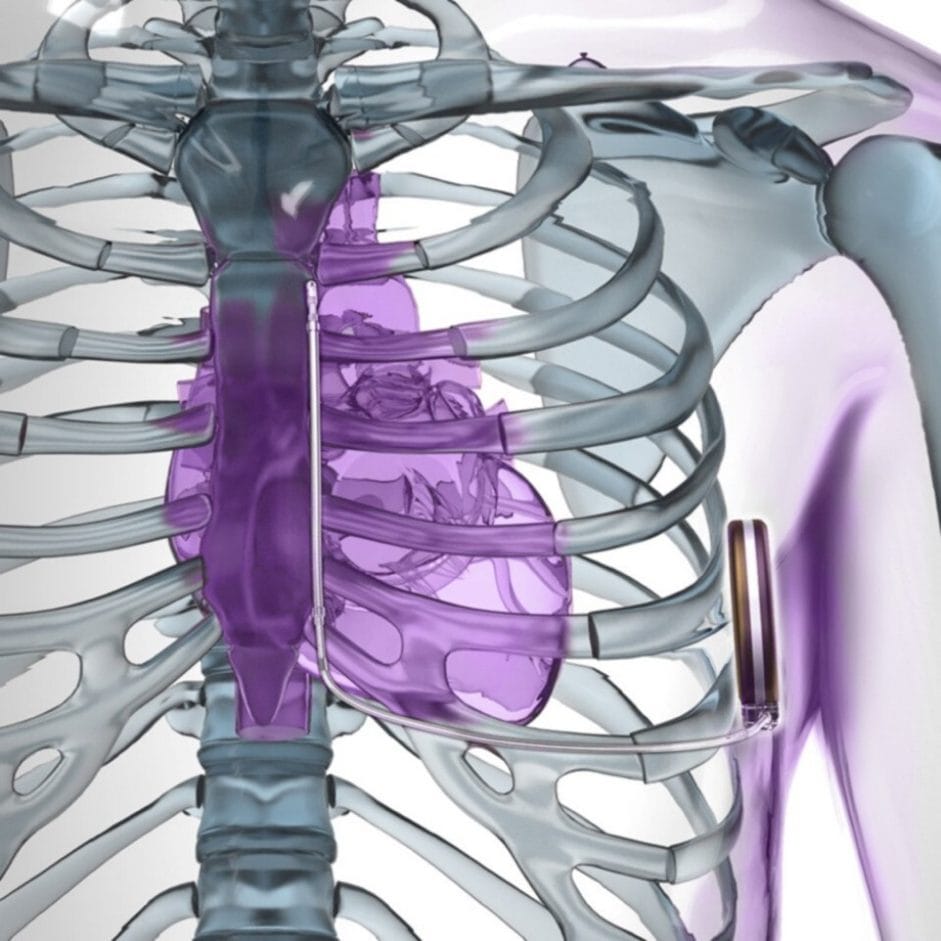
The ICD is implanted in Josh's side, under the skin. It contains a battery and sensing equipment, which in turn connects to an electrode implanted in his chest. In the event the ICD detects an irregular rhythm, it will automatically jump in and deliver a small shock that will reset the heart's natural rhythm. This all happens magically and instantaneously, though not surreptitiously (the doctor said someone will "definitely know when it goes off").
The surgery to implant it is relatively straightforward, at least as it was explained to us; cardiac surgeons have an aptness to simultaneously say terrifying things while exuding a sense of calm and ease. Dr. Jeffery Whitehill, Josh's surgeon who will be implanting his ICD tomorrow, has mastered the skill. Dr. Whitehill will implant the ICD in Josh's side, under the skin. The ICD contains a battery and a miniaturized ECG. It constantly monitors Josh's heart rhythm, and in the event it finds something irregular it will automatically "shock" the heart back into a normal rhythm.
It's different from a pacemaker: a pacemaker is constantly on, sending small pulses to the heart to keep it in rhythm, while an ICD lies dormant until it detects an abnormal heart rhythm. In other words, a pacemaker is life, whereas an ICD is life insurance.
So, tomorrow, we are on our way to the hospital with the world's longest name: The Heart Hospital of Austin at St. David's Round Rock Medical Center. The surgery is scheduled for 4 pm, with Josh arriving at the hospital around 1:30 pm for intake and prep. Dr. Whitehill said the surgery will take about an hour, and Josh will be in recovery for about 90 minutes after surgery.
I will let you know when the surgery is complete and Josh, me, and our merry band is back home, with just a little more peace of mind.

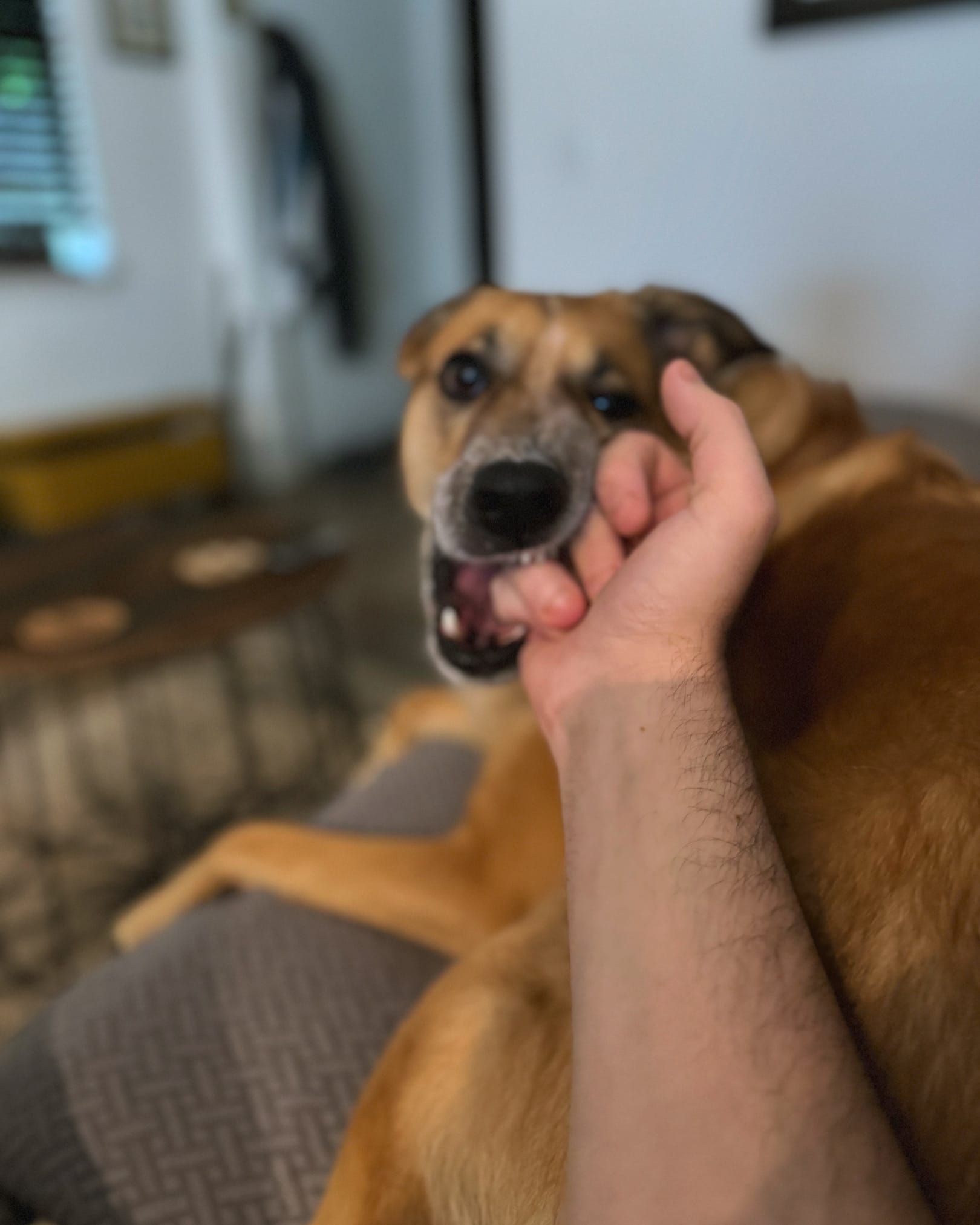

Our Merry Band
